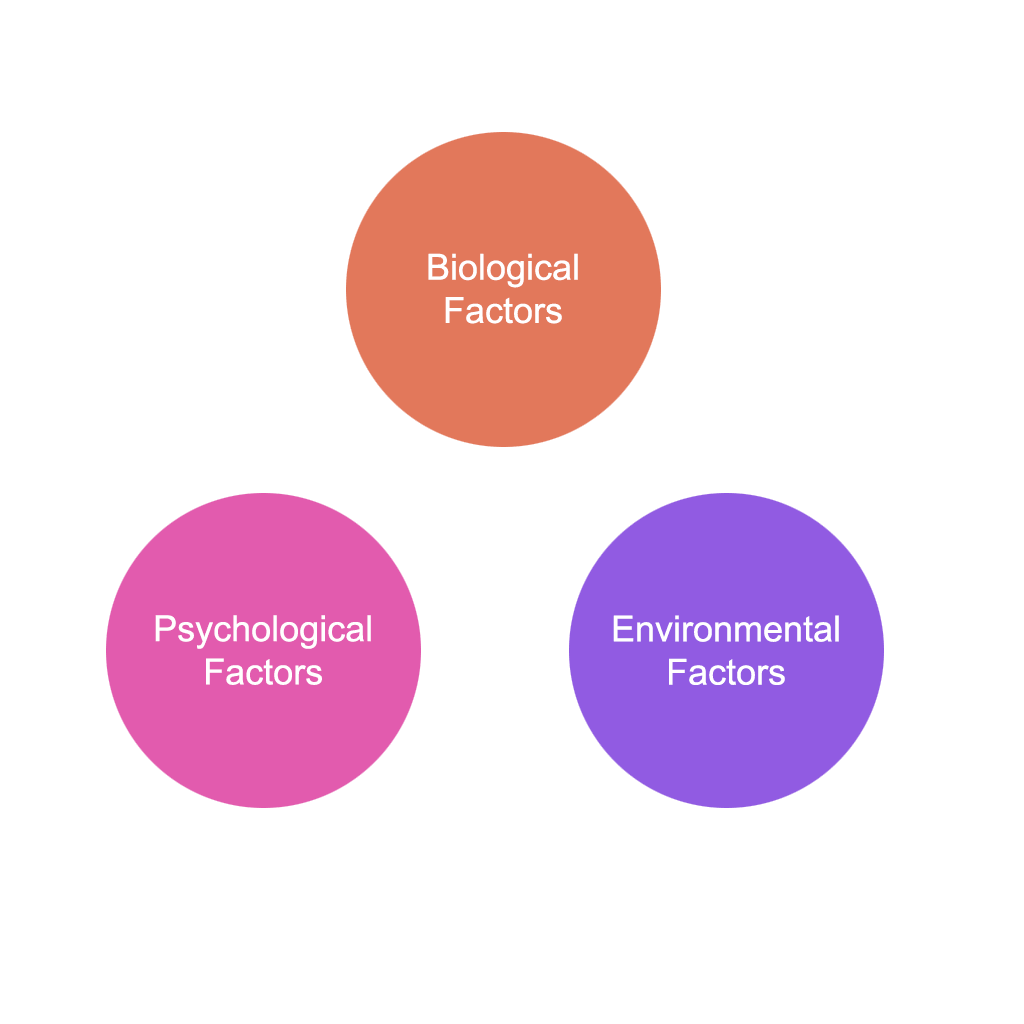What is Horney Theory of the Self?
Theory of the Self.
Horney believed that all people strived for self-actualization. Abraham Maslow had also the same view about it. She understood “self’ as the core of an individual’s owl being and potential. According to Homey, if an individual has an accurate conception of his own self, then he is free to realize our potential and achieve what he wishes within reasonable boundaries. She felt that the healthy person’s aim through life is self-actualization as against the neurotic’s needs.
Horney stated there are two views of self: the real self and the ideal self. The real self refers to what an individual actually is. The ideal self means the type of person an individual will like to be. The real self has will power, achieves the actual growth and realizes gifts and happiness. It also has deficiencies. The ideal self only helps the real self in achieving self-actualization and developing its potential.
According to Homey, a neurotic person has an idealized self and a real self. The neurotic person feels that he does not live up to the ideal self. He feels that there is a flaw in his actual self. The neurotic also set non-realistic goals. For a neurotic person, the real self is despised self, A neurotic individual is like a clock’s pendulum. He oscillates between a fallacious “perfection” and a manifestation of self-hate. Homey described it as the neurotic’s hopeless “search for glory” and the “tyranny of the should”.
There are three different persons. The compliant person feels that he should be sweet, self-sacrificing and saintly. The aggressive person believes that he should be powerful, recognized and a winner. The withdrawing person says he should be independent, aloof and perfect. The neurotic gets alienated from their true core. He is not able to actualize his potentials. Horney believed that these traits prevent a person to actualize his potential unless the cycle of neurosis is cured or broken.



